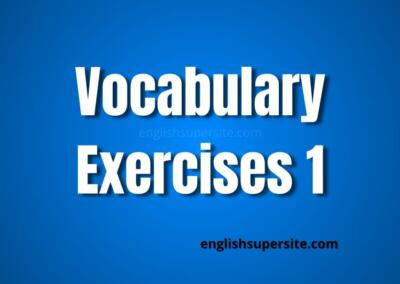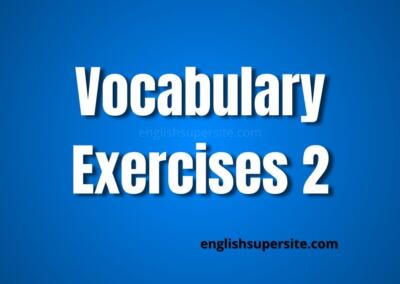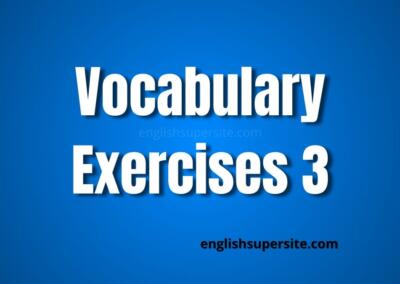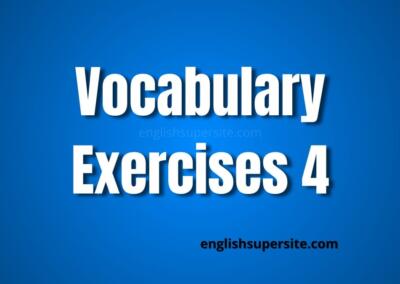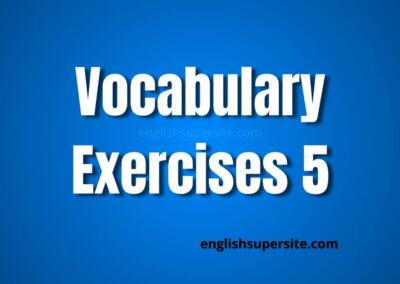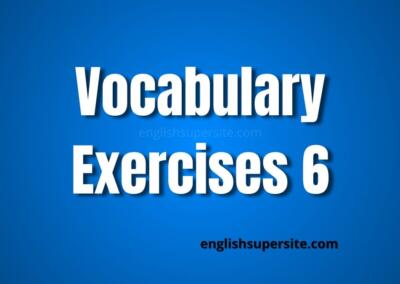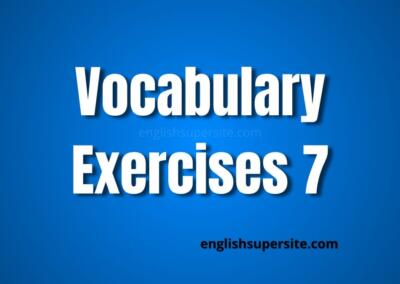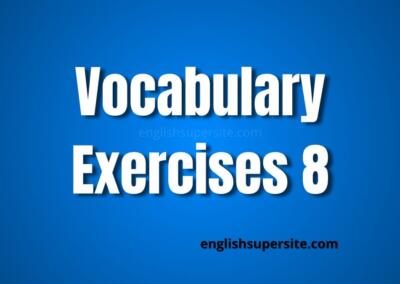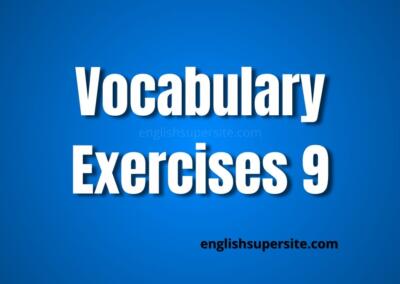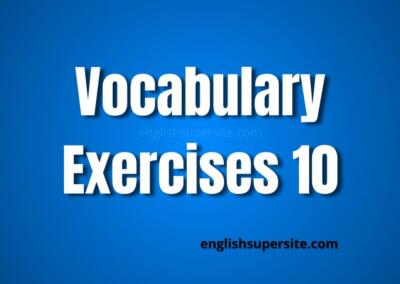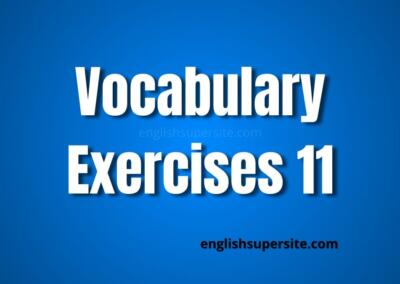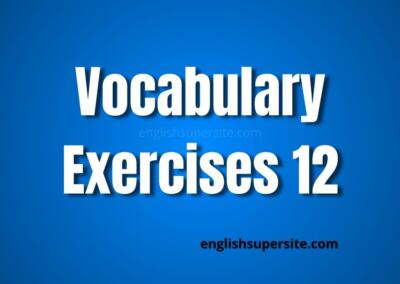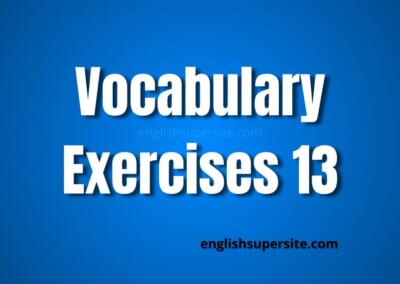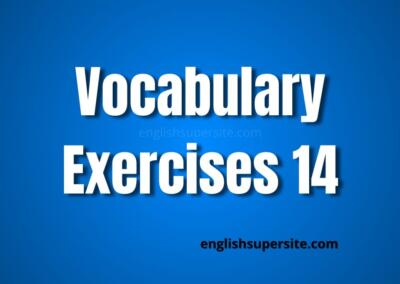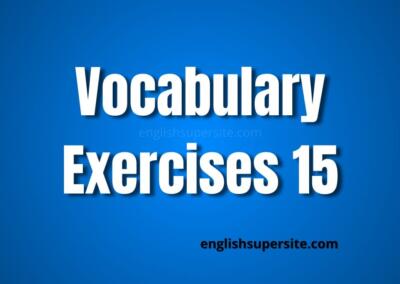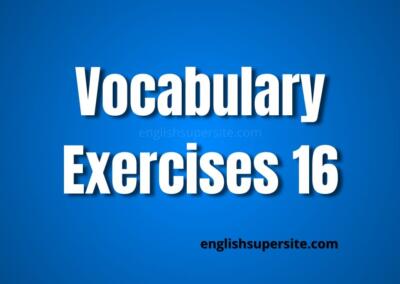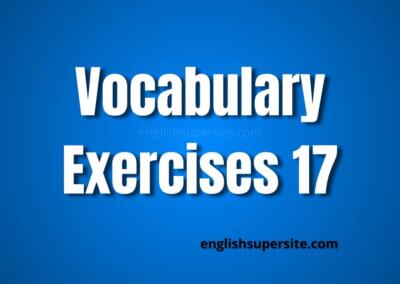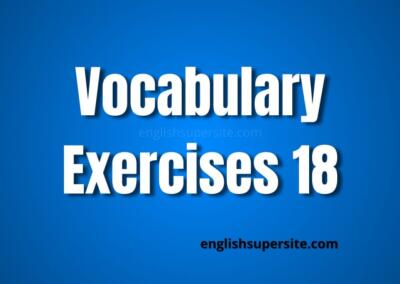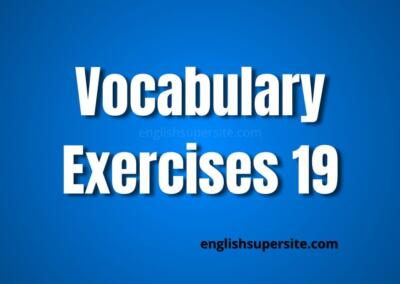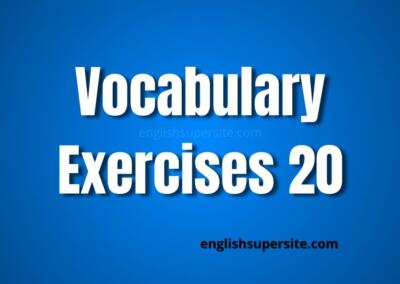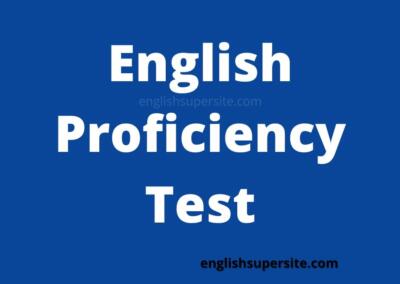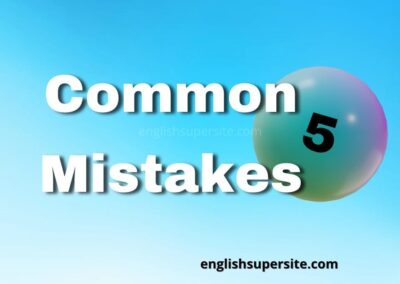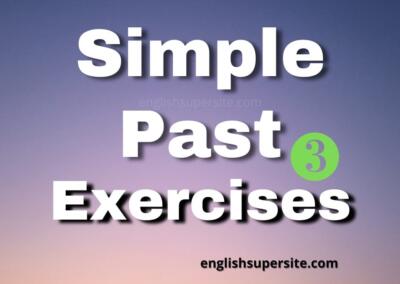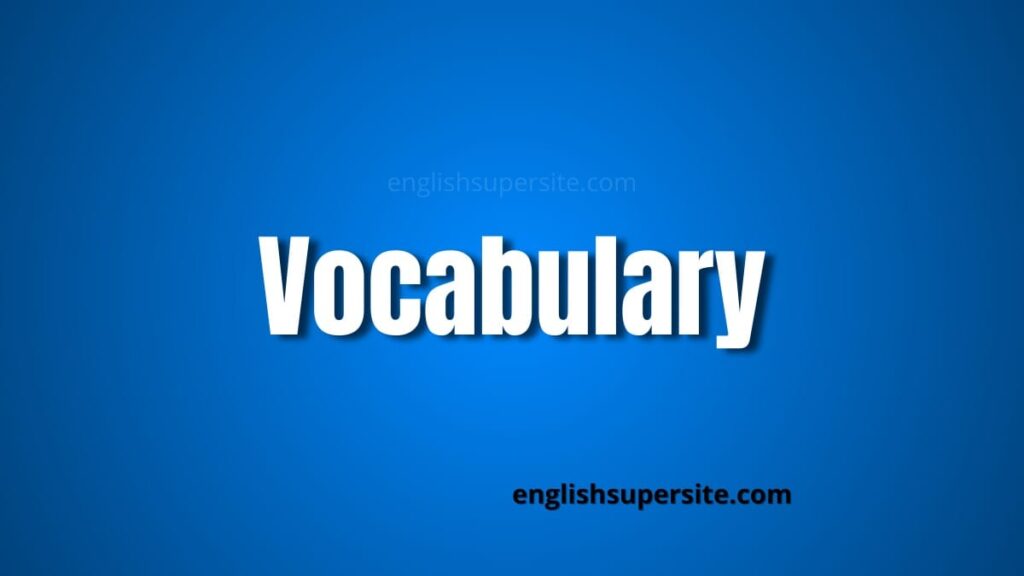
Vocabulary
A strong vocabulary is essential for mastering English. It allows effective communication in conversations, professional settings, academic discussions, and while traveling. Expanding your word knowledge helps express ideas clearly and improves reading, writing, and listening skills. As learners build their vocabulary, they gain more confidence and better understand subtle language nuances.
Overcoming Vocabulary Challenges
However, expanding word knowledge can be challenging. English has many words that sound similar but have different meanings. For example, “affect” vs. “effect” or “desert” vs. “dessert.” Misusing these words can create confusion. Idioms and phrasal verbs add another layer of difficulty. Expressions like “break the ice,” “call it a day,” or “hit the books” cannot be taken literally, making them hard to understand.
Mastering Word Combinations and Collocations
Improving vocabulary also involves understanding collocations—common word combinations used by native speakers. For instance, learners say “do homework,” not “make homework,” or “strong coffee,” not “powerful coffee.” Correct use of collocations helps learners speak more fluently and naturally. Synonyms, antonyms, and homonyms also require attention. For example, words like “raise” and “rise” may seem similar but have different meanings.
Adapting to Language Variations
Learners must also navigate formal and informal language, slang, and regional differences. For instance, British English uses “flat,” while American English uses “apartment.” These variations may seem minor, but they are essential for fluency.
How This Page Can Help You Expand Vocabulary
This page offers structured resources to address these challenges. Each linked exercise focuses on specific areas, such as word meanings, idioms, collocations, and synonyms. By engaging with these activities, you will expand your vocabulary range, improve word usage, and enhance your communication skills.
Explore the links below to start improving your vocabulary and become a more effective communicator.
Study Also:
Abbreviations Cohesion and Coherence Collocations Comparative Conditionals Frequent Errors Future Continuous Future Perfect Future Perfect Continuous Future Simple Homonyms Interjections Journaling Learn English Linking Words Logical Flow Past Continuous Past Perfect Past Perfect Continuous Past Simple Plural Present Continuous Present Perfect Present Perfect Continuous Present Simple Pronunciation Question Tags Quiz Quotes Simple Future Simple Past Simple Present Spelling Superlative Transition Words
Share with your friends!

